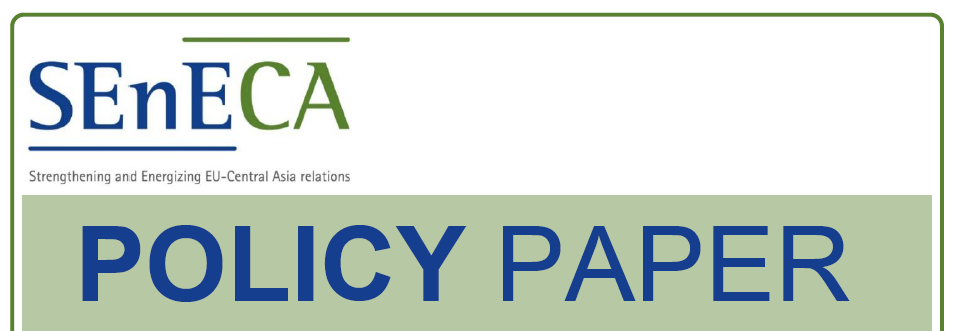Political and security relations - Mapping Central Asia’s relations with other Asian states
Few of the countries examined (India, Japan, Iran, Turkey and South Korea on the one hand, the five Central Asian countries on the other) have included one another in their national strategy papers, with the exception of Turkey. Ankara features prominently in the foreign policy strategies of all five of the Central Asian states. With deep historical ties, since their independence, Central Asian states have relied on Turkey’s assistance to enter international economic, financial and political multilateral organisations. The majority of Central Asian states have also supported Japan in its bid for a UN Security Council seat and vote alongside South Korea in UN votes. </br>
Even where strategic alliances have not been outlined in overarching foreign policy, these countries have signed extensive bilateral political agreements with one another covering a variety of fields of cooperation. These have often followed periods of high levels of activity in bilateral relations and high-level (including heads of state) meetings and visits. Bilateral relations are further solidified by reciprocal diplomatic representation in each state and a variety of visa free regimes.</br>
Political ties are also underscored by shared security threats and challenges. The continued instability in Afghanistan, in particular, is a concern for countries in this region given that drug trafficking as well as the potential risks around radicalisation and terrorism remain a considerable challenge. Afghanistan is a particular driver of activity for India, Japan and South Korea. Furthermore, Central Asian republics and South Korea have a similar understanding of responsibility for international security and stability in Asia. </br>
Central Asian states and the other Asian states covered in this paper have had few disputes. There has in the past been political tension between Turkey and several Central Asian states for a variety of reasons. Iran has had a variety of disputes over territorial boundaries and natural resources, as well as Iran’s nuclear programme and the resulting restrictions placed on Iran in the Joint Comprehensive Plan of Action (JCPOA), an agreement between the EU and Iran on curtailing Iran’s nuclear programme. Indeed, the Central Asian Nuclear-Weapon-Free Zone Treaty also ensured that the support for a country’s nuclear weapons programme was limited. Despite this, Iran has, by some countries, been used as a counterbalance to Russian influence in Central Asia. More recently, there have been growing tensions between Iran and Tajikistan, which reflects a concern across the region about the Islamic Republic’s negative influence. </br>
Of all the Asian states examined in this paper, India and South Korea are the most involved in the sphere of defence and security relations. They have engaged in military training, exercises, as well as arms sales and military modernisation, and India has sought the lease of an airbase in Tajikistan. Turkey has limited, but growing, potential in this area for greater cooperation.
Vorschau

Zitieren
Rechte
Nutzung und Vervielfältigung:
Dieses Werk kann unter einer Creative Commons Namensnennung - Nicht kommerziell 4.0 Lizenz (CC BY-NC 4.0)
Creative Commons Namensnennung - Nicht kommerziell 4.0 Lizenz (CC BY-NC 4.0)
genutzt werden.
